'The writing is on the wall for London Tories, but there's a glimmer of blue hope'
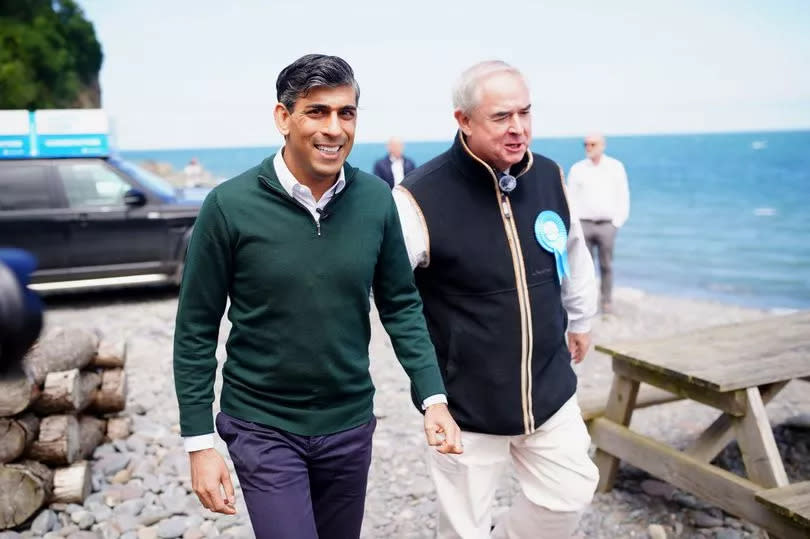
The General Election is only 14 days away. Londoners will head to the polling station and choose their MPs on July 4.
Polling by now has been well publicised, and has arguably shaped media coverage of the campaign. Despite Rishi Sunak’s very damp naming of the date in Downing Street, it is understood that the Tories still thought they were in with a chance of narrowing Labour’s vast lead.
Now, it seems that the party has moved to a more defensive stance. Boris Johnson - who could have made an in-person appearance on the campaign trail - has reportedly been stood down as Conservatives conceded that they will not be able to retain so-called ‘red wall’ seats in England’s north and midlands.
READ MORE: London's 'most patriotic' estate says country is a 'shambles' ahead of general election
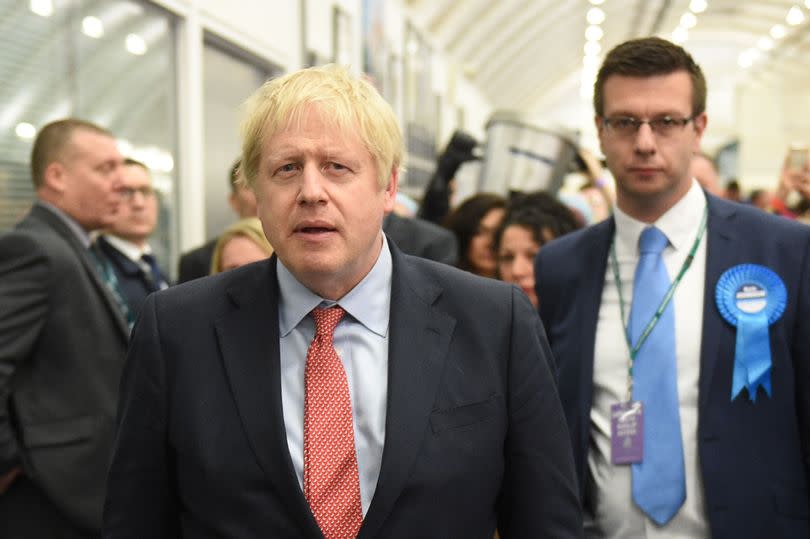
A Conservative Party source told MyLondon yesterday that they have 'no idea' if Mr Johnson has sent any letters to London voters or voiced support for a Tory candidate in the city, as he has done for a number of the party's picks elsewhere in the country.
Instead, the blue team look to be reverting to Tory classic, seeking to hold on to its seats in rural areas, particularly in the south. As we all know, London has historically not been a very lucrative place for the Conservatives, at least at its centre. But the party has had some success in the suburbs, including in Chingford, Sutton, Hillingdon, Bromley and Bexley.
Gloomy polling, particularly a YouGov MRP survey, the results of which were published at the beginning of this month, has predicted that the Tories could be virtually wiped out in London. The only remaining blue seats would be Orpington, Old Bexley and Sidcup, Hornchurch and Upminster, and Romford if the research were born out.
Principal dangers facing the Tories
The principal dangers facing the Conservatives in London include a Liberal Democrat surge in the South West. The party has done well in the region at previous elections, even holding on to two seats - Carshalton & Wallington and Richmond Park - amid losses nationwide following its partnership with the Tories during the coalition government.
Now, the party is defending a trio of constituencies - Kingston & Surbiton, Richmond Park and Twickenham. Sir Ed Davey’s crew has its eyes on regaining Carshalton & Wallington, and perhaps even Sutton & Cheam, Wimbledon, and Finchley & Golders Green in the north and the Cities of London & Westminster in Central London.
This will depend on wealthier Tory voters - who would rather not be complete turncoats to Labour - either staying at home or switching to the Lib Dems in order to signal their dissatisfaction with the Government’s record. Reform is set to take fewer votes in these areas, and their relatively lower Muslim populations mean there are not many votes to be gained by independents standing on the issue of the conflict in Gaza.
In other places, though, Reform will be more confident of eating into Conservative support, and Labour will look to swipe seats from the Tories. These are listed, with the key issues discussed, here.
Londoners have moved out of constituencies
Another factor to keep an eye on is demographic changes. More than a third (35.69 per cent) of people choosing to move out of London as part of a ‘mass exodus’ in recent years have moved to the Home Counties in the South East of England, according to Property Reporter.
An increase in hybrid working, more open spaces and cheaper properties were the motivators for this. It mainly occurred straight after Covid-19 lockdowns, experts say, and slowed down in 2022 compared to the previous year.
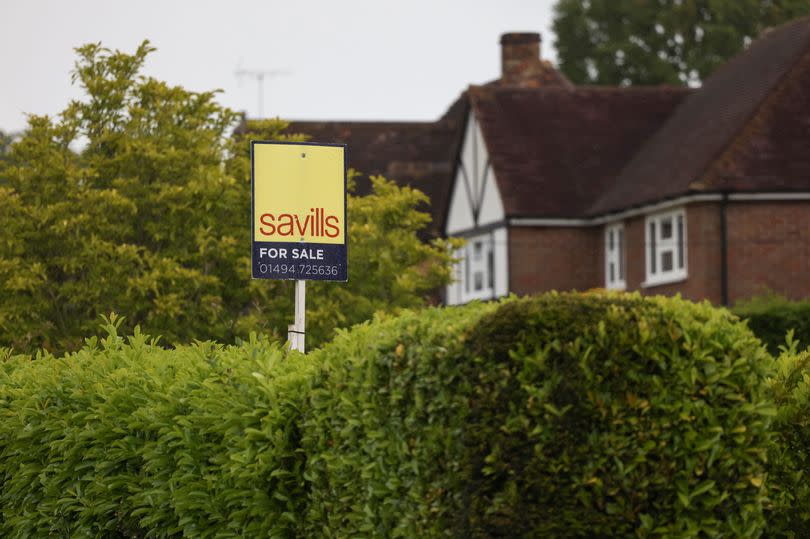
Data then saw a 31 per cent decrease in people making the move. But this happened, of course, since the last General Election in 2019, and richer Londoners in a position to make the move as regards their monetary and employment fortunes would most likely be more inclined to put their cross in a Tory box.
Voters turning away from the Conservatives
The people remaining are far from satisfied with the Conservatives. I have spent a great deal of time of late speaking to voters in London.
What stood out to me was what I was told in Finchley. Razia Alam, 83, has been living in the area for more than 50 years and, until recently, lived in the same house. She claimed to have recently sold it for £200,000 less than it was worth amid mortgage market turmoil.
The former primary school teacher, originally from Bangladesh, has always supported the Conservatives since coming to the UK. But now she is considering voting for the Green Party candidate. In addition, she has decided to go to Bangladesh and pay for a hip replacement operation, which could cost as much as £9,000, after two years on an NHS waiting list.
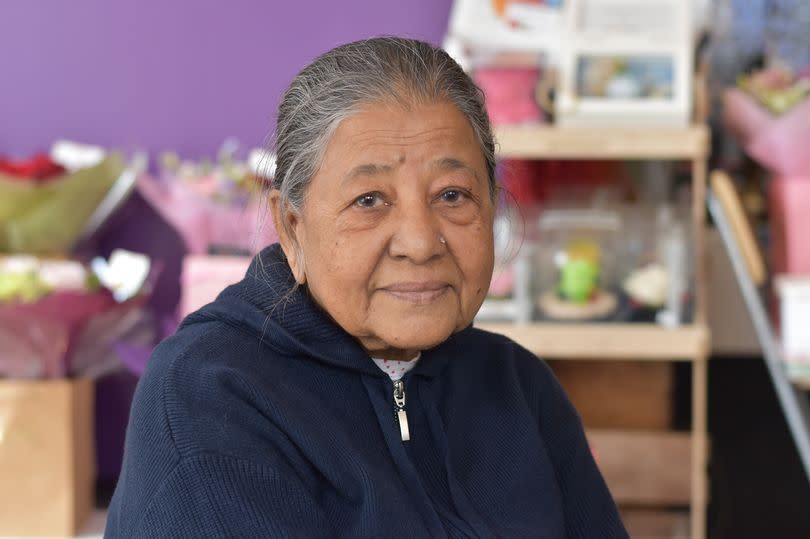
Ms Alam said: By nature, I am a conservative person. I like things to grow. But the thing is [during] the last few years things didn't work that well."
She added: "Normally, British people are very conservative. That's why they remain in power for so many years. But this time, it is very difficult to say, because the Labour policy and plan [...] is so attractive to general people who are actually suffering so much."
A Tory party member no less also told me on the same day that the party needs to 'get its house in order' and it might be time to give Labour a go.
However, there has also been talk of a ‘London-isation’ of the seats outside of the city, as more left-wing former residents of the big smoke take their Liberal Democrat and Labour voting habits with them.
What also needs to be considered are the results of the mayoral election on May 2. Labour’s Sadiq Khan won in West Central for the first time and beat Susan Hall by a very large margin of nearly 300,000 votes across the city.
But Tories, such as former Old Bexley and Sidcup MP, Louie French, as you’d expect, have said that the Conservative vote in the area where Susan Hall won remained ‘solid’. You can read more about what the local results could mean for Rishi Sunak here.
Seats 'too close to call'
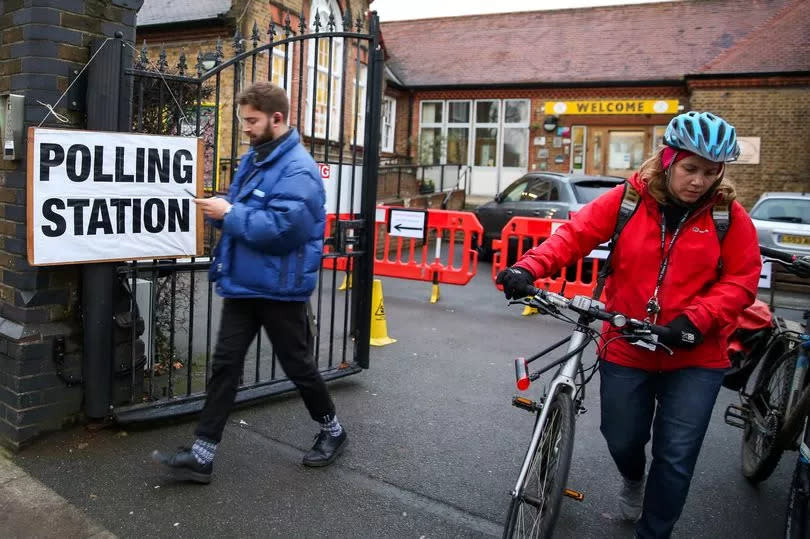
However, as the campaign enters its final phase, electors in the city will be making their minds up. Most will not have given it any thought yet, and are just carrying on with their lives. Disgruntled apathy is another dominant feeling that I have picked up on London’s streets over recent weeks.
Nationwide, 117 seats are 'too close to call', according to Ipsos. Conservatives are currently second in 50 of these, Labour in 43. Therefore, any small changes in the parties' performance could change the picture further.
This is good news for Tories looking to hold onto marginal seats in London. Things can hardly get worse for the Conservatives, but inflation figures released today suggesting that it has returned to the Bank of England's target level of two per cent, are bang on message for Mr Sunak.
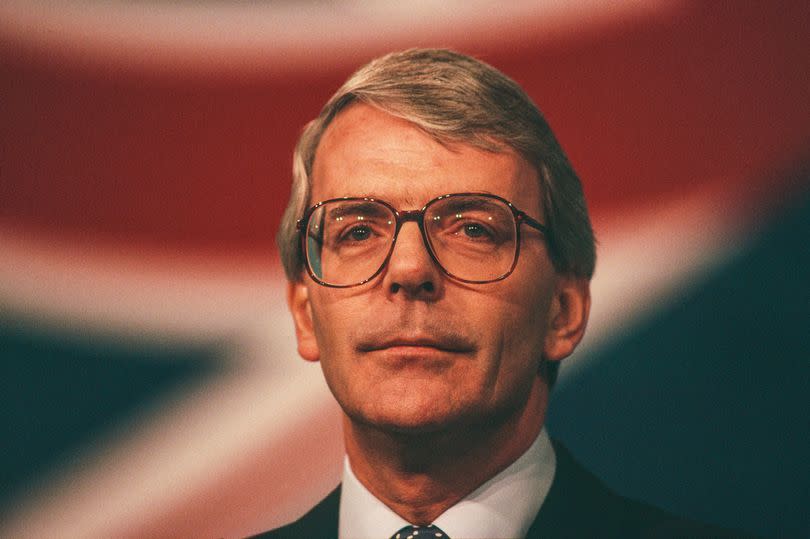
The party will be hoping that this and its attacks on Labour over tax resonate with its blue core in London and younger voters do not bother turning out. After all, Margaret Thatcher of all people was for many years a London MP - and the appeal for the blue team will not be disappearing completely from the city any time soon.
John Major's surprise victory in 1992 has become somewhat of a shamed cliché for pollsters, as they often talk about 'shy' Tories keeping their true allegiance from researchers.
But Greater London proved rather a bellwether that year. At an election that Labour was widely tipped to win after nearly 14 years of Conservative rule, the Tories garnered 1,630,333 votes to the red team's 1,332,424.
We'll have to wait to find out just how accurate these polls are.
What do you think? Let us know in the comments below.
Want more from MyLondon? Sign up to our daily newsletters for all the latest and greatest from across London here.

 Yahoo News
Yahoo News 
